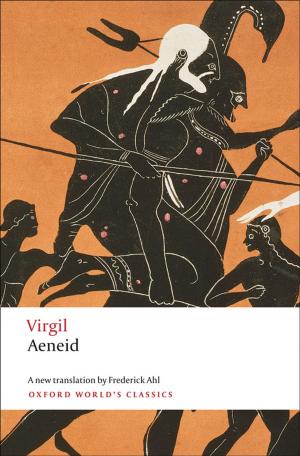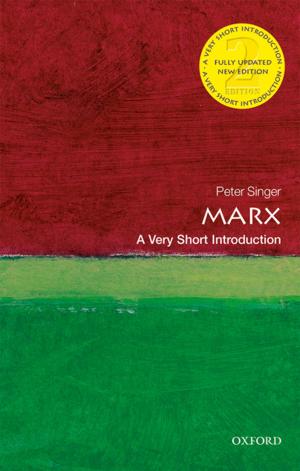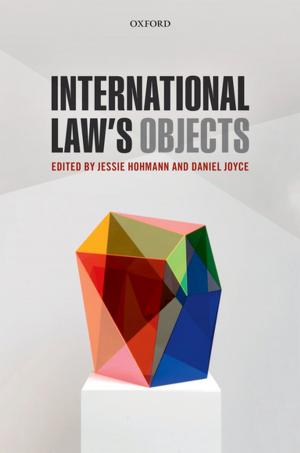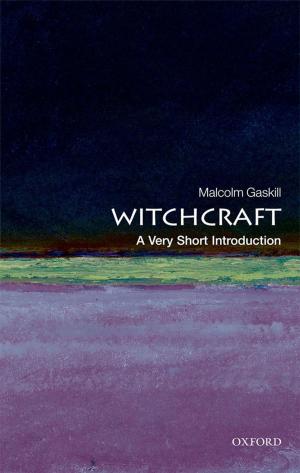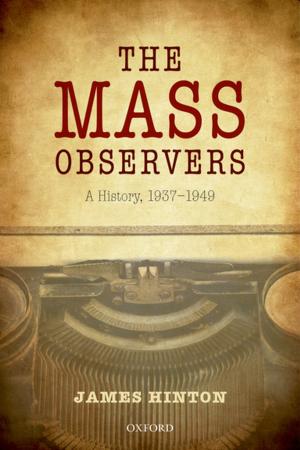Jesus and the Chaos of History
Redirecting the Life of the Historical Jesus
Nonfiction, Religion & Spirituality, Bible & Bible Studies, New Testament, Criticism & Interpretation| Author: | James Crossley | ISBN: | 9780191064609 |
| Publisher: | OUP Oxford | Publication: | February 26, 2015 |
| Imprint: | OUP Oxford | Language: | English |
| Author: | James Crossley |
| ISBN: | 9780191064609 |
| Publisher: | OUP Oxford |
| Publication: | February 26, 2015 |
| Imprint: | OUP Oxford |
| Language: | English |
In Jesus and the Chaos of History, James Crossley looks at the way the earliest traditions about Jesus interacted with a context of social upheaval and the ways in which this historical chaos of the early first century led to a range of ideas which were taken up, modified, ignored, and reinterpreted in the movement that followed. Crossley examines how the earliest Palestinian tradition intersected with social upheaval and historical change and how accidental, purposeful, discontinuous, contradictory, and implicit meanings in the developments of ideas appeared in the movement that followed. He considers the ways seemingly egalitarian and countercultural ideas co-exist with ideas of dominance and power and how human reactions to socio-economic inequalities can end up mimicking dominant power. In this case, the book analyses how a Galilean 'protest' movement laid the foundations for its own brand of imperial rule. This evaluation is carried out in detailed studies on the kingdom of God and 'Christology', 'sinners' and purity, and gender and revolution.
In Jesus and the Chaos of History, James Crossley looks at the way the earliest traditions about Jesus interacted with a context of social upheaval and the ways in which this historical chaos of the early first century led to a range of ideas which were taken up, modified, ignored, and reinterpreted in the movement that followed. Crossley examines how the earliest Palestinian tradition intersected with social upheaval and historical change and how accidental, purposeful, discontinuous, contradictory, and implicit meanings in the developments of ideas appeared in the movement that followed. He considers the ways seemingly egalitarian and countercultural ideas co-exist with ideas of dominance and power and how human reactions to socio-economic inequalities can end up mimicking dominant power. In this case, the book analyses how a Galilean 'protest' movement laid the foundations for its own brand of imperial rule. This evaluation is carried out in detailed studies on the kingdom of God and 'Christology', 'sinners' and purity, and gender and revolution.


